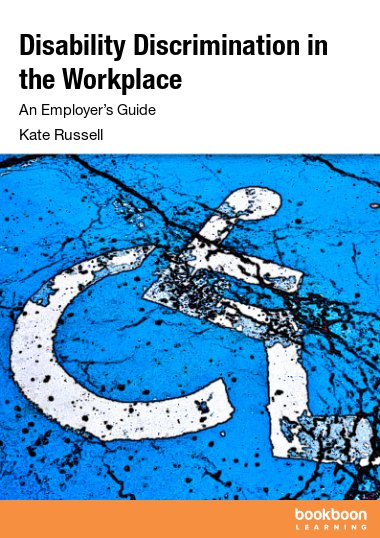The Disability Discrimination Act 1995, later replaced by The Equality Act 2010, introduced a range of rights and protections for disabled employees. In addition to the original rights, some of which have been further strengthened, there is now legal protection for those who are able bodied themselves, but are associated with a disabled person; and employers must now defer the collection of medical data in the recruitment process in most cases until after an offer has been made.
This book sets out the steps that employers should take to ensure compliance.
About the author
Kate Russell, BA, barrister, MA is the Managing Director of Russell HR Consulting and the author of this publication. She is the author of Build Your Dream Team – How SMEs Can Plug the Talent Gap, plus several other practical employment handbooks and e-books.
Russell HR Consulting Ltd delivers HR solutions and practical employment law training to a wide variety of industries and occupations across the UK. Kate has developed a reputation for being knowledgeable, robust and commercially aware and is especially well versed in the tackling and resolving of tough discipline and grievance matters.


